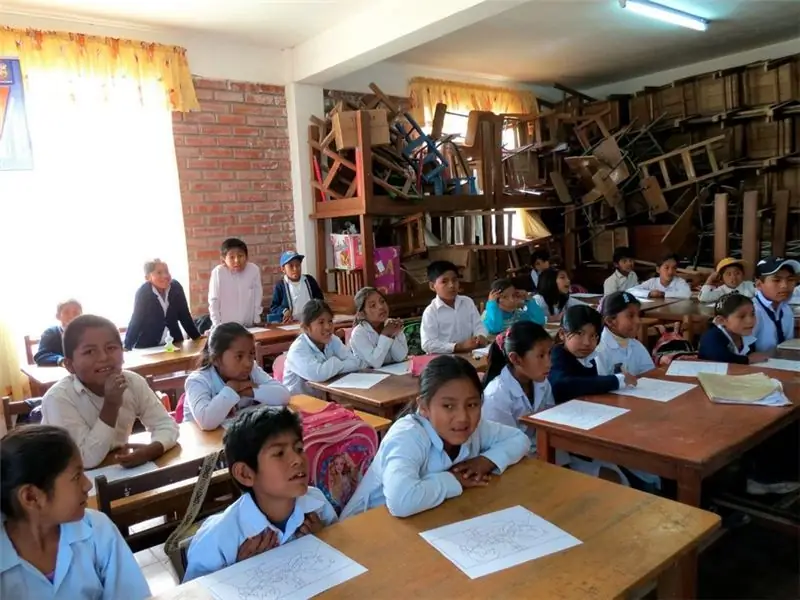
Proudly named after Simon Bolivar, the South American country holds the record for the number of official languages. Bolivia has thirty-seven officially approved, and this is significantly more than in any other state in the world.
Some statistics and facts
- The population of Bolivia is about 10, 5 million people. Of these, 60.7% consider Spanish to be native. In second place is the language of the Quechua Indians. Every fifth Bolivian speaks it.
- 14.6% of the republic's residents, who live mainly around Lake Titicaca, communicate in the Aymara language.
- The remaining 34 official languages of Bolivia account for slightly more than 3.5% of speakers.
Quechua, Aymara and the history of the country
The Aymara and Quechua tribes lived carefree on the territory of modern Bolivia until the XIV century, when they were conquered by the Inca state. Their domination did not last long, and in the first half of the 16th century, Spanish speech was first heard in South American lands. The conquistadors, led by Francisco Pissar, exterminated several million Indians and the country became part of the Spanish Viceroyalty of Peru.
Representatives of Indian tribes managed to preserve their own culture and native languages. Despite the dominant position of Spanish, in Bolivia the dialects of the indigenous peoples also became the state languages.
Spanish or Bolivian?
The Spanish language in Bolivia, as in the neighboring countries of South America, is somewhat different from the classic version from the Iberian Peninsula. It contains many borrowings from Quechua and Aymara, and some sounds, words and even whole expressions phonetically look completely different. Even the Spaniards who have arrived in the country do not immediately begin to understand the locals.
Tourist notes
It is very difficult to travel around South America and, in particular, Bolivia without knowledge of Spanish. Too few people know English in the country and they are usually found only in the most touristy places. Basically, Bolivians speak Spanish or even one of the languages of the indigenous population. Even in the capital, you do not often find a restaurant or hotel in which waiters or a porter with knowledge of English work, and therefore traveling around Bolivia can cause certain difficulties.
In order for the trip to be comfortable and safe, it is worth undertaking it as part of an organized group or enlisting the help of a qualified licensed guide.






